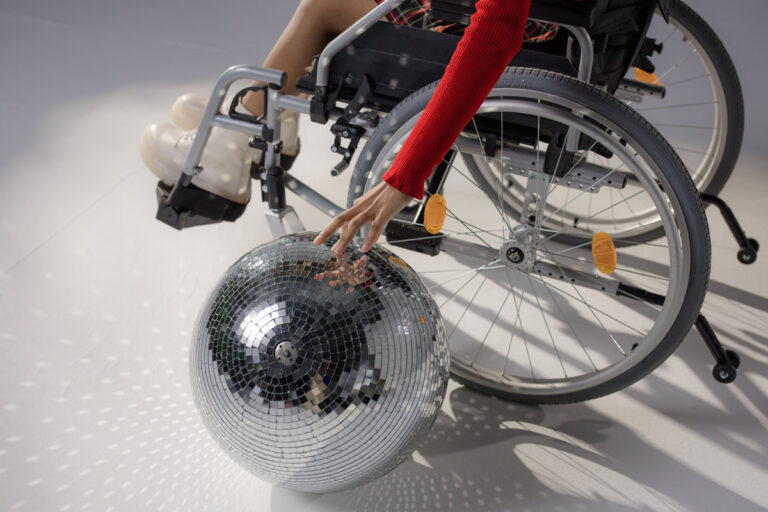Think marriage equality has been achieved in the UK? Disabled citizens disagree
We often talk about the landmark legislation change for LGBTQI+ couples in the UK as the moment marriage equality was achieved. 2014 was the year we celebrated equal love, and although marriage equality for the LGBTQI+ community is still far from globally universal—with many countries still prohibiting it and even rolling back rights—the UK is often discussed as a place all can marry as they choose. But that’s not true.
If you are disabled and want to marry, or even live with your long term romantic partner, you risk losing access to your income support. Although we have disability-specific support, commonly known as Personal Independence Payment (PIP), which has issues associated with it too, those who are unable to work due to long term illness or disability also claim income support benefits—income-related Employment and Support Allowance (ESA).
An individual living alone can claim ESA, which is measured by the total income and financial savings of the household. So if a single disabled person who lives alone is not working, they are entitled to the full amount offered. However, as soon as they choose to move in with a partner, a normal and often desirable part of long term relationships, their ability to claim ESA changes. In the eyes of the government, the cohabitation between a disabled person and their partner now makes the working partner responsible for the disabled person who is unable to work. From that moment on, all ESA payments are dependent on the income and savings of the working individual in the relationship, which sets a toxic and often dangerous precedent for disabled people.
Alice, who is in her mid-twenties and in a long term loving relationship, told SCREENSHOT that she is choosing to live alone at present in order to access more help, both financially and physically, than she would get if she moved in with her partner. “He would have to work such long hours to effectively cover my half of the rent that I would no longer receive in benefits and then wouldn’t be able to see me or look after me as much, so I would get less help and care technically than I get now,” Alice explained. Clearly, it is not only a direct financial impact that losing ESA has, it reverberates throughout a disabled person’s life. As Alice shared, some of us rely on our partners for domestic help, cooking meals and more, so if a partner has to continuously work longer hours to pay rent or a mortgage, then we also lose access to that kind of care.
It is not only these tangible losses disabled people must experience but the more complicated and hard to classify ones too. Society is structurally ableist, and the last ten years of government have made no secret of their disregard for disabled lives. From the treatment of vulnerable COVID-19 patients to austerity measures cutting social care, it is clear that disabled lives mean less than healthy ones. This ableism compounds to make disabled individuals feel less than, and policies like the ESA household allowance contribute further to feeling like burdensome children, lacking any autonomy.
There is the idea that disabled people, viewed as one monolithic group, require ‘looking after’ and are not capable of things like romance and being desired for marriage. Alice described the frustration, “We can’t make the decisions that are best for us because of the rules in place, and it’s upsetting to not be able to experience the parts of life everyone else gets—waking up together, doing household things together—I have never felt that.”
Jasmine, who is 24 and currently single, said that relying on disability benefits has made them reframe how they see partners and marriage, “It’s an economic proposition, I don’t have the luxury of pursuing a relationship just for love,” because they know a new partner would become financially responsible for them. She reflected on that scene from Little Women, where Amy says marriage to her must also be economically appealing and stated, “It’s funny that women now shake their heads and talk about how far we have progressed, but really, that’s still how some disabled people who access benefits are forced to approach love too.”
Disabled women are twice as likely to experience domestic violence than their non-disabled counterparts and also experience the abuse for longer before seeking help. Jasmine shared that they’ve experienced a history of abuse, so relationships that force her to become financially dependent and lose her ESA are worrying, “It is a terrifying concept, a recipe for abuse and an expression of the government’s eugenics campaign.” Although abuse happens for a myriad of reasons, and we all know by now that the question ‘Why didn’t she just leave?’ is as useless as it is offensive, there is a specific danger for disabled people who are financially reliant on their abuser, due to inadequacy in the government support systems. It’s time for everyone to see that some things have got to change when it comes to marriage equality in the UK.





